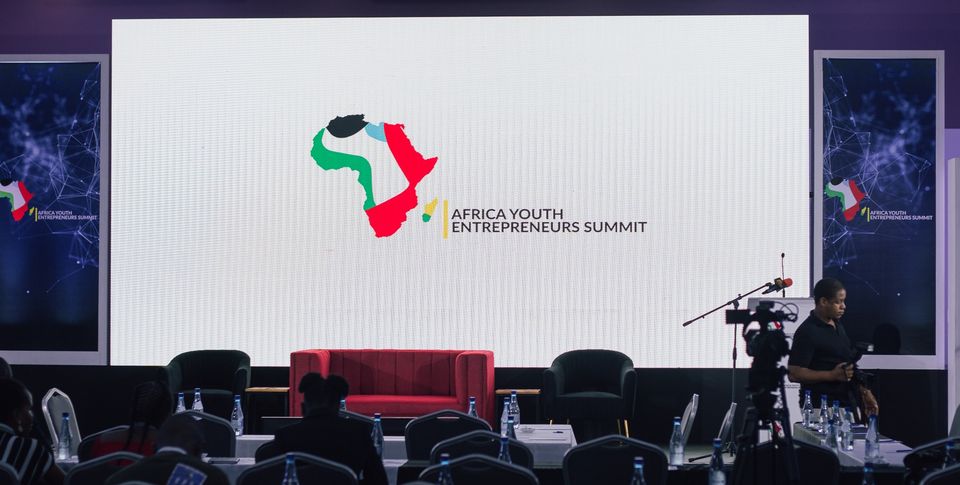- When it comes to use of influencers, it is important to work with personalities who align with one’s brand
GOSEGO MOTSUMI
The concepts of e-commerce and e-marketing have revolutionalised the local fashion industry in more ways than one.
These were the insights shared at the just-ended “Africa Youth Entrepreneurs (AYES) Summit: Creatives Edition,” that hosted a panel of local fashion design creatives who shared the online marketing spaces they use and digital platforms that have worked for them as creative entrepreneurs.
Held under the theme, “Advancing Creative Industries in the Digital Economy,” the 6th edition of AYES was successfully hosted at the University of Botswana Conference Centre in Gaborone recently.
Cost-effective
“E-commerce plays a pivotal role in connecting creators to the global space, said the founder of Batho Fashion Week, Emmanuel Kayenda, at the event.
“It has proven to be an easier and effective way to move business. It is cost-effective as compared to having a stall, and rentals are expensive, especially if you are starting.”
From the get-go, local fashion brand “Glotto” of Mboko Basiami used the online commerce space on Skymart.bw, which is a local version of Amazon.
Brand Botswana mark
In order to prove that her brand was valid, Basiami had to get the Brand Botswana mark to show that she was a genuine 100% locally made brand.
She also utilised the Facebook, Instagram, Tik Tok, Youtube, Twitter and WhatsApp platforms, which led her to create her own company website.
Said Basiami: “While being online creates a beneficial value chain, its challenges are that we are about 2.5 million in Botswana and about 750 000 are digital-literate.
African market culture
“So my research project has shown that when most people look at the Glotto pictures, they think the clothes will not look nice on them because I mostly use influencers.
“We also have an African market culture where we want to see and touch the garment. So I have to back it up with a pop-up, which results in more marketing expenditure because I have to pay the photoshoot, the models and the photographers, among others.”
Basiami added that she has learnt not to engage influencers based on numbers but on their authenticity. As a creative brand, Glotto has had successful influencers in music artists Dato Seiko and Mpho Sebina.
Not authentic
“We live in an era where we have influencers who buy their followers and promote brands only because they got paid but are not authentic and do not resonate with your brand,” she said.
The Urban Soul brand started in an era where there was no social media. But over the years, the founder Molefi Nkwete has found it critical to use the platforms to stay in business.
Nkwete shared that social media came and expanded their visibility as they can now sell to people in different locations around the country running everything from a device.
High foot traffic
“However,” he noted, “it is my experience that you should never overlook running a brick and mortar store because we are still a young economy.
“Retail stores increase your visibility because if you look at how our stores are positioned; they are always next to the international stores that have high foot traffic.
“When you start a business, utilise the resources that you have. Social media is a huge opportunity, even though I have realised that we use it for toxic stuff. Nevertheless, as entrepreneurs, we generate a lot of exposure through it and it has string lined our advertising.”
Nkwete added that the use of artists gave them more exposure because they select influencers who resonate with their brand.
“Influencers are not only those flashy people on Instagram,” he said. “Even people in our society carry influence. There are moments in culture that are also influential.”

